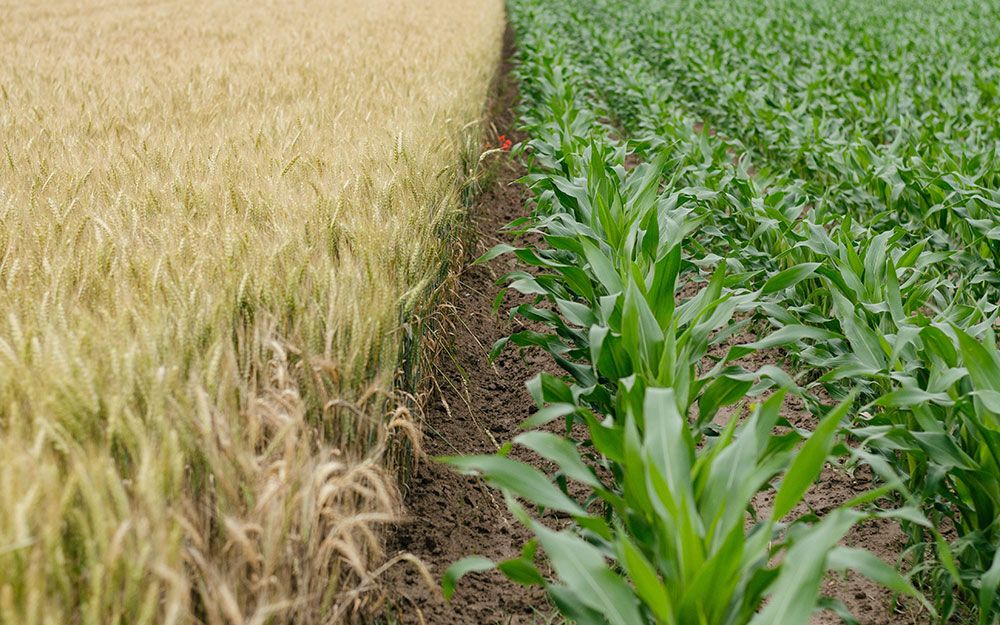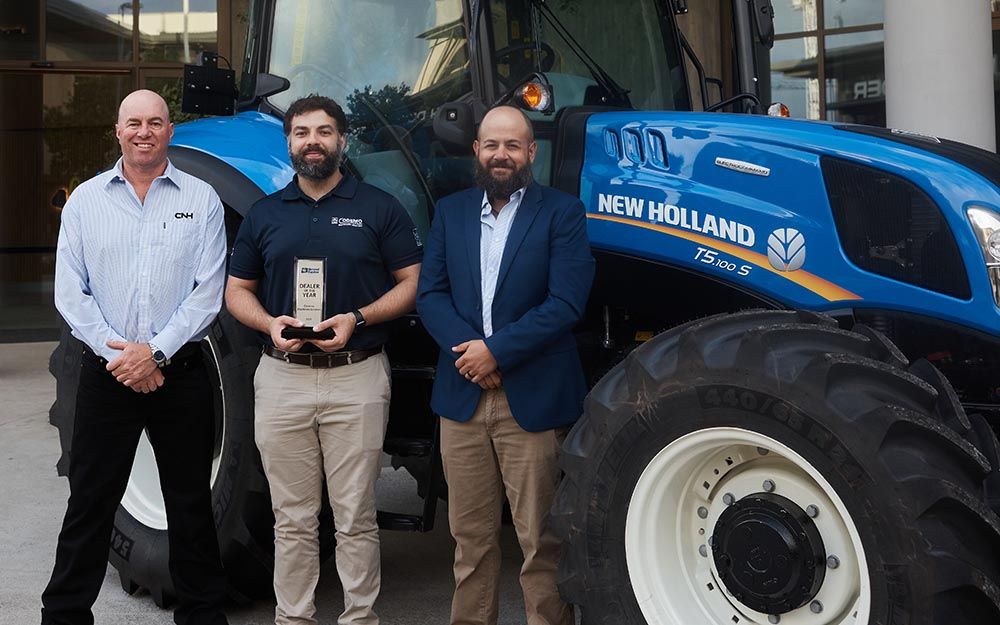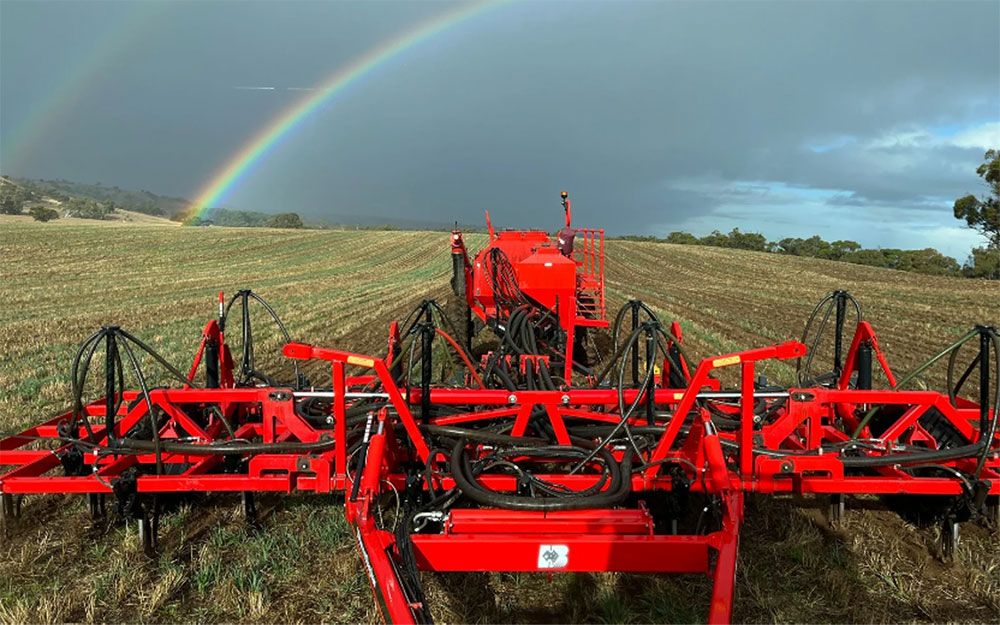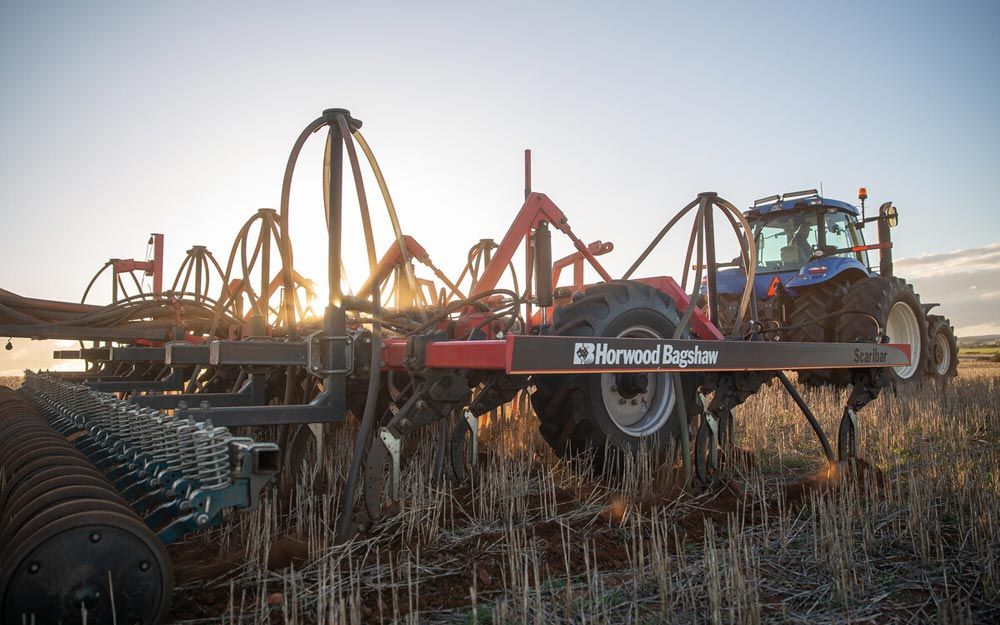
Revolutionising Farming: The Benefits of Direct Drilling
17 March 2023
Eco-friendly and Sustainable
One of the key advantages of direct drilling is that it delivers less soil compaction, resulting in improved soil structure and better water infiltration. According to the study "Performance of a Dual Tine and Presswheel Seeding Module for a Range of Speeds, Presswheels and Sowing Tine Alignments" by Y. Bayhan, J. Fielke and C. Saglam (Bulgarian Journal of Agricultural Science, 2015), direct drilling with a dual tine and presswheel seeding module resulted in significantly less soil compaction compared to traditional tillage methods. This improved soil structure leads to better crop growth and yields, as well as increased soil biodiversity. Additionally, direct drilling can help to increase the organic matter content of the soil, which in turn can lead to improved soil fertility and better crop yields.
Reducing Carbon Emissions and Dust Pollution
Another benefit of direct drilling is that it reduces carbon dioxide (CO2) emissions and dust pollution. Conventional tillage methods can release large amounts of CO2 from the soil due to the high decomposition rate of organic matter. In contrast, direct drilling systems such as the Horwood Bagshaw Precision Seeding System (PSS) keep the soil covered with plants, which reduces the amount of CO2 released into the atmosphere and improves air quality. Furthermore, direct drilling can also help to reduce the amount of dust and other particulate matter that is released into the air, which can have a positive impact on the health of both people and animals.
Improving Waterways
Direct drilling also helps to improve waterways by keeping them cleaner. Traditional tillage methods can lead to soil erosion and sediment runoff, which can pollute streams and rivers. Direct drilling, on the other hand, reduces erosion and sediment loss, thus keeping waterways cleaner and healthier. This can have a positive impact on aquatic life and can also help to improve the overall quality of water resources.
Reduced Input Costs
In addition to its environmental benefits, direct drilling can also lead to cost savings for farmers. By reducing hourly tractor usage per acre by up to 200%, farmers using direct seeding methods can save on fuel costs. Additionally, direct drilling can help to reduce the amount of labor and other inputs required for crop production, which can further help to lower costs. Furthermore, no-till cropland has the opposite effect and absorbs more carbon than it releases. Due to constant plant cover and no till cropland from systems such as the PSS.
The Ideal Machine
The Horwood Bagshaw Precision Seeding System (PSS) is an ideal machine for farmers looking to implement direct drilling in the majority of Australian soil types. With its eco-friendly and sustainable approach, direct drilling is a game changer for broad-acre farming. The PSS is specifically designed to work effectively in a wide range of soil types, and it can help to improve crop yields and reduce input costs. Additionally, the PSS is a very efficient machine that can help to reduce fuel consumption and emissions, which can help to further lower costs.
There’s no doubt direct drilling offers a wide range of benefits for farmers and the environment. It reduces soil compaction, reduces CO2 emissions and dust pollution, improves waterways, and leads to cost savings . The Horwood Bagshaw Precision Seeding System (PSS) is an ideal machine for farmers looking to implement direct drilling in the majority of Australian soil types. With its eco-friendly and sustainable approach, direct drilling is a game changer for broad-acre farming. By implementing direct drilling, farmers can not only improve their crop yields, but also contribute to the conservation of natural resources and the protection of the environment. It is a win-win situation for farmers, the environment and future generations.









